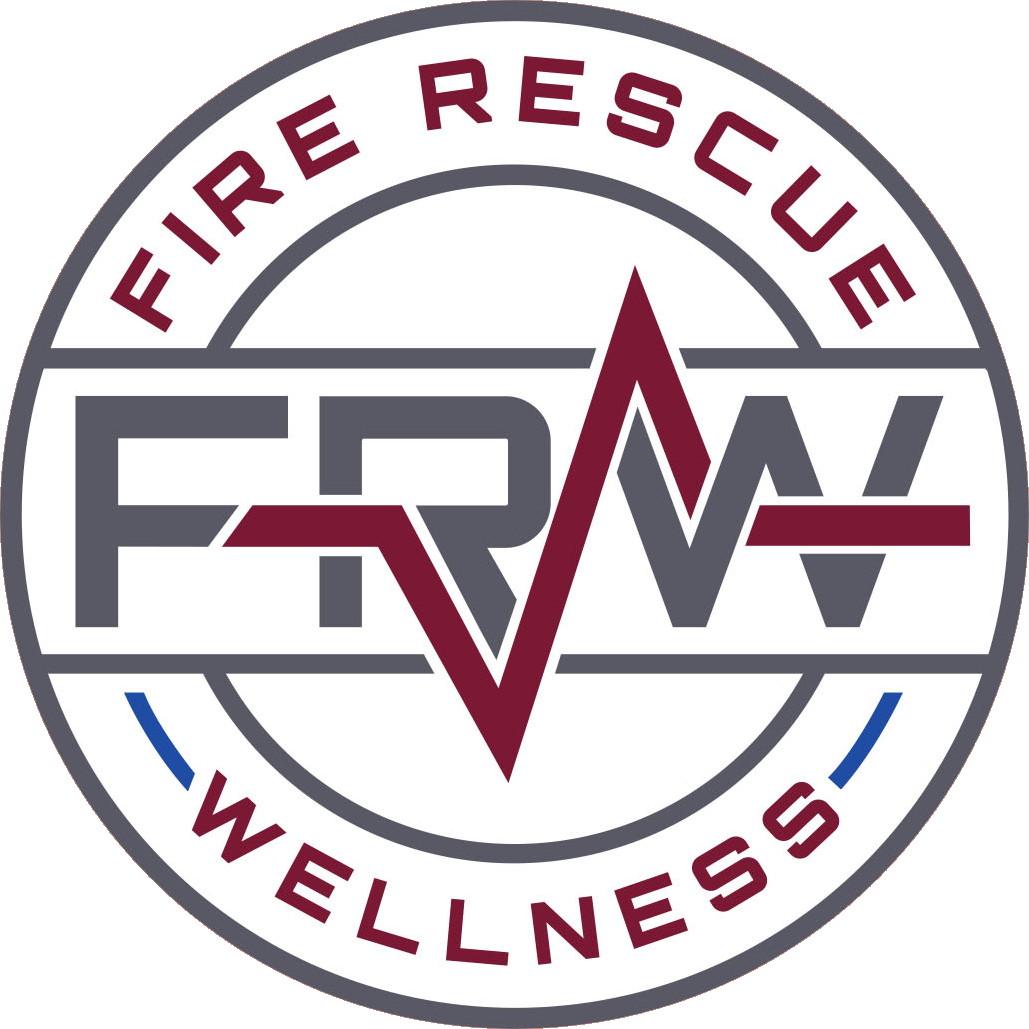Publications
01
ISSN Position Stand on Tactical Athlete Fueling
This position stand aims to provide an evidence-based summary of the energy and nutritional demands of tactical athletes to promote optimal health and performance while keeping in mind the unique challenges faced due to work schedules, job demands, and austere environments. After a critical analysis of the literature, the following nutritional guidelines represent the position of the International Society of Sports Nutrition (ISSN).
02
Physiological Demands of a Self-Paced Firefighter Air-Management Course and Determination of Work Efficiency
Firefighters often complete air management courses (AMC) to assess the ability to tolerate personal protective equipment, appropriately manage the breathing system and assess occupational performance. Little information is known relative to the physiological demands of AMCs, nor how to assess work efficiency in order to characterize occupational performance and evaluate progress. Purpose: To assess the physiological demands of an AMC and examine differences across BMI categories. A secondary aim was to develop an equation to assess work efficiency in firefighters.
03
Fueling the Firefighter and Tactical Athlete with Creatine: A Narrative Review of a Key Nutrient for Public Safety
Gonzalez, D.E.; Forbes, S.C.; Zapp, A.; Jagim, A.; Luedke, J.; Dickerson, B.L.; Root, A.; Gil, A.; Johnson, S.E.; Coles, M.; et al.
Firefighters, tactical police officers, and warriors often engage in periodic, intermittent, high-intensity physical work in austere environmental conditions and have a heightened risk of premature mortality. In addition, tough decision-making challenges, routine sleep deprivation, and trauma exacerbate this risk. Therefore, identifying strategies to bolster these personnel’s health and occupational performance is critical. Creatine monohydrate (CrM) supplementation may offer several benefits to firefighters and tactical athletes (e.g., police, security, and soldiers) due to its efficacy regarding physical performance, muscle, cardiovascular health, mental health, and cognitive performance. Recent evidence demonstrates that CrM can improve anaerobic exercise capacity and muscular fitness performance outcomes and aid in thermoregulation, decision-making, sleep, recovery from traumatic brain injuries (TBIs), and mental health. Emerging evidence also suggests that CrM may confer an antioxidant/anti-inflammatory effect, which may be particularly important for firefighters and those performing tactical occupations exposed to oxidative and physiological stress, which can elicit systemic inflammation and increase the risk of chronic diseases. This narrative review highlights the potential applications of CrM for related tactical occupations, with a particular focus on firefighters, and calls for further research into these populations.
04
Improper Fitting Personal Protective Clothing and Subsequent Countermeasures for Physical Conditioning in Female Firefighters: A Narrative Review
Katie Sell, Hofstra University; Mark Abel, University of Kentucky; J. Jay Dawes, Oklahoma State University; Megan Thompson, Oklahoma State University; Annette Zapp, Oklahoma State University; Ofra Pottorf, Hofstra University; Lilly Bernardi, University of North Carolina-Chapel Hill; James Prendergast, Modern Athletic Strength Systems
The purpose of this paper was to 1) use an explorative literature overview to identify issues related to ill-fitting clothing and occupational gear for female firefighters, and 2) use an inductive approach to develop generalizable recommendations for exercise professionals to utilize by identifying significant themes in published peer reviewed articles related to movement and injury risk. Research, including both qualitative and quantitative approaches, has shown that the majority of current personal protective clothing (PPC) and operational gear was developed to fit a limited array of male physiques. Consequently, the improper fit of PPC and gear has presented numerous concerns that, if not addressed, will continue to present unnecessary occupational challenges and risk to firefighters, especially female firefighters. These issues include, but are not limited to, an increased risk of hazardous material exposure, elevated thermoregulatory challenges, higher injury risk due compensatory biomechanical movement during occupational tasks, and lower self-efficacy and emotional well-being. Countermeasures for physical conditioning that target injury risk factors or other issues associated with improper fitting of PPC and gear may include strengthening and stabilizing specific joints or regions of the body (e.g., core, shoulder, and back), reducing health-related risk factors that magnify issues (e.g., body composition), and consulting with a certified exercise professional (e.g., TSAC-F) for program development. Although ongoing research is still needed, the data and subsequent recommendations provided may present valuable insight into injury risk reduction and individualized exercise training considerations for female firefighters that take into consideration improper PPC fit.
05
[ABSTRACT] Impact of Years of Experience on The Stress Responses to Firefighting
Dodge, Caiti; Coles, Macilynn; Zapp, Annette; Sowinski, Ryan J.; Martin, Steven E.; Colvin, Lisa C.; McAllister, Matthew J.; and Gonzalez, Drew E. (2025) "Impact of Years of Experience on The Stress Responses to Firefighting," International Journal of Exercise Science: Conference Proceedings: Vol. 2: Iss. 17, Article 36.
06
[ABSTRACT] Impact of a 15-week ability-based training program on body composition and physical fitness in university-based fire academy recruits
Zapp A, Schults K, Sanchez K, Sutton P, Ehlrich A, Dawes J. Impact of a 15-week ability-based training program on body composition and physical fitness in university-based fire academy recruits. J Int Soc Sports Nutr. 2025 Aug 25;22(Suppl 2):2550198. doi: 10.1080/15502783.2025.2550198. PMCID: PMC12379679.
07
Differences in total sleep time and heart rate variability between shift types in firefighters
Luedke, J., Hinman, J., Clark, T., Zapp, A., Jones, M. T., Fields, J. B., & Erickson, J. L. (2025). Differences in total sleep time and heart rate variability between active-duty firefighters. Occupational and Environmental Medicine, 82(8), 363-369.
